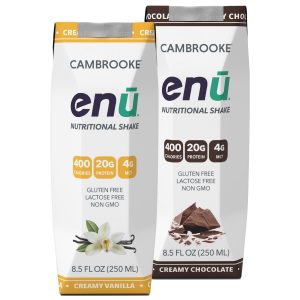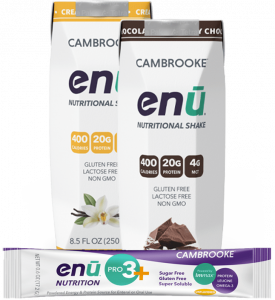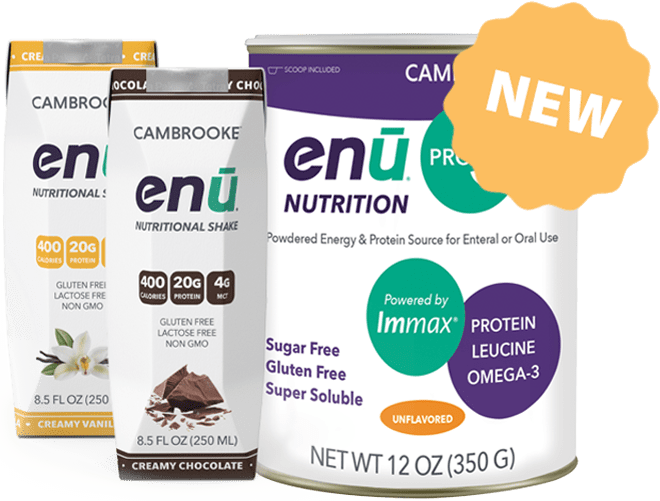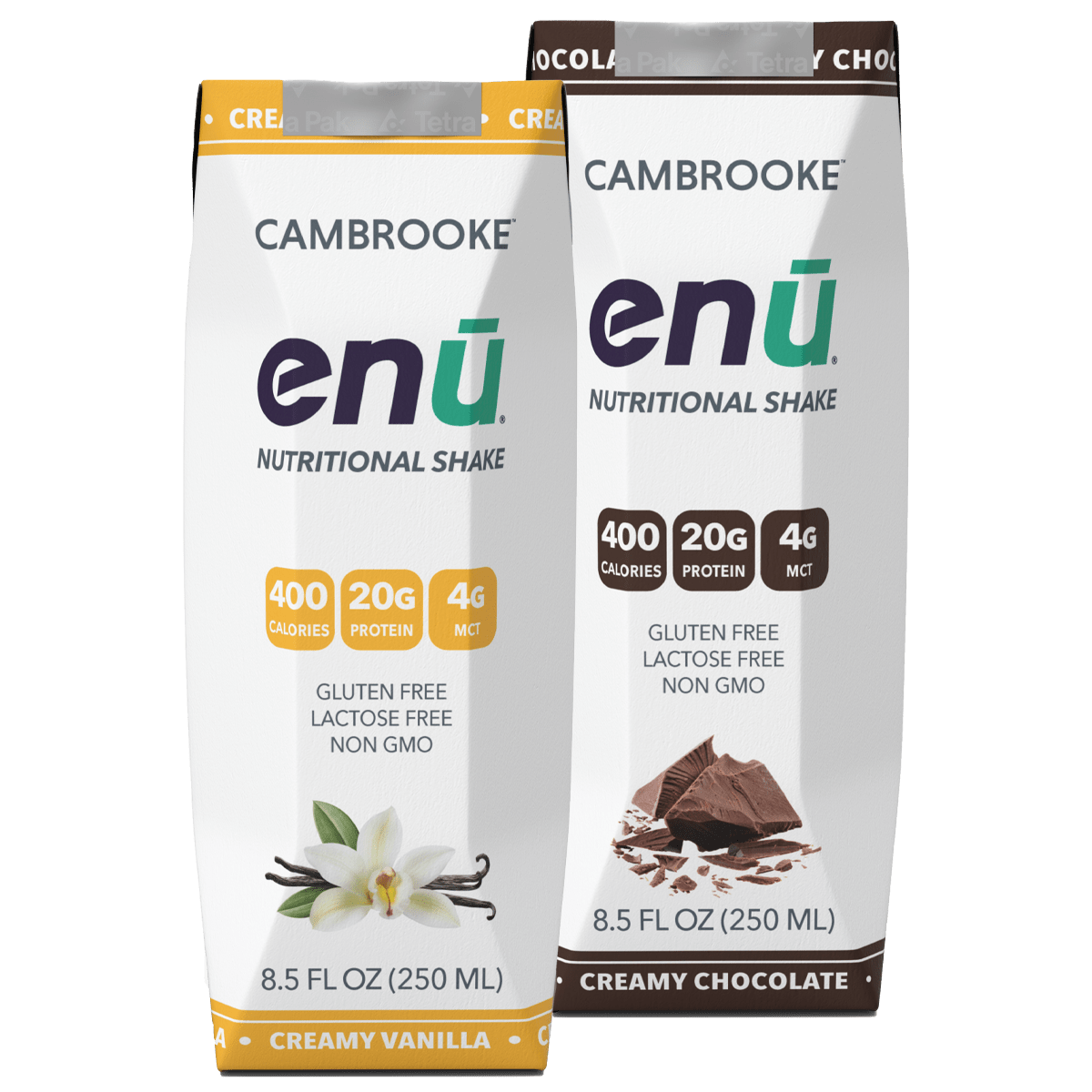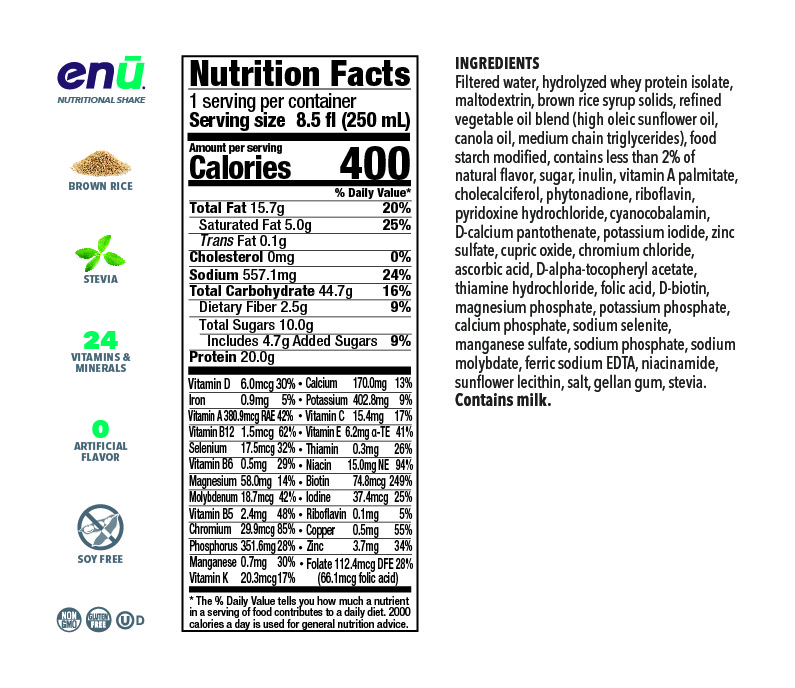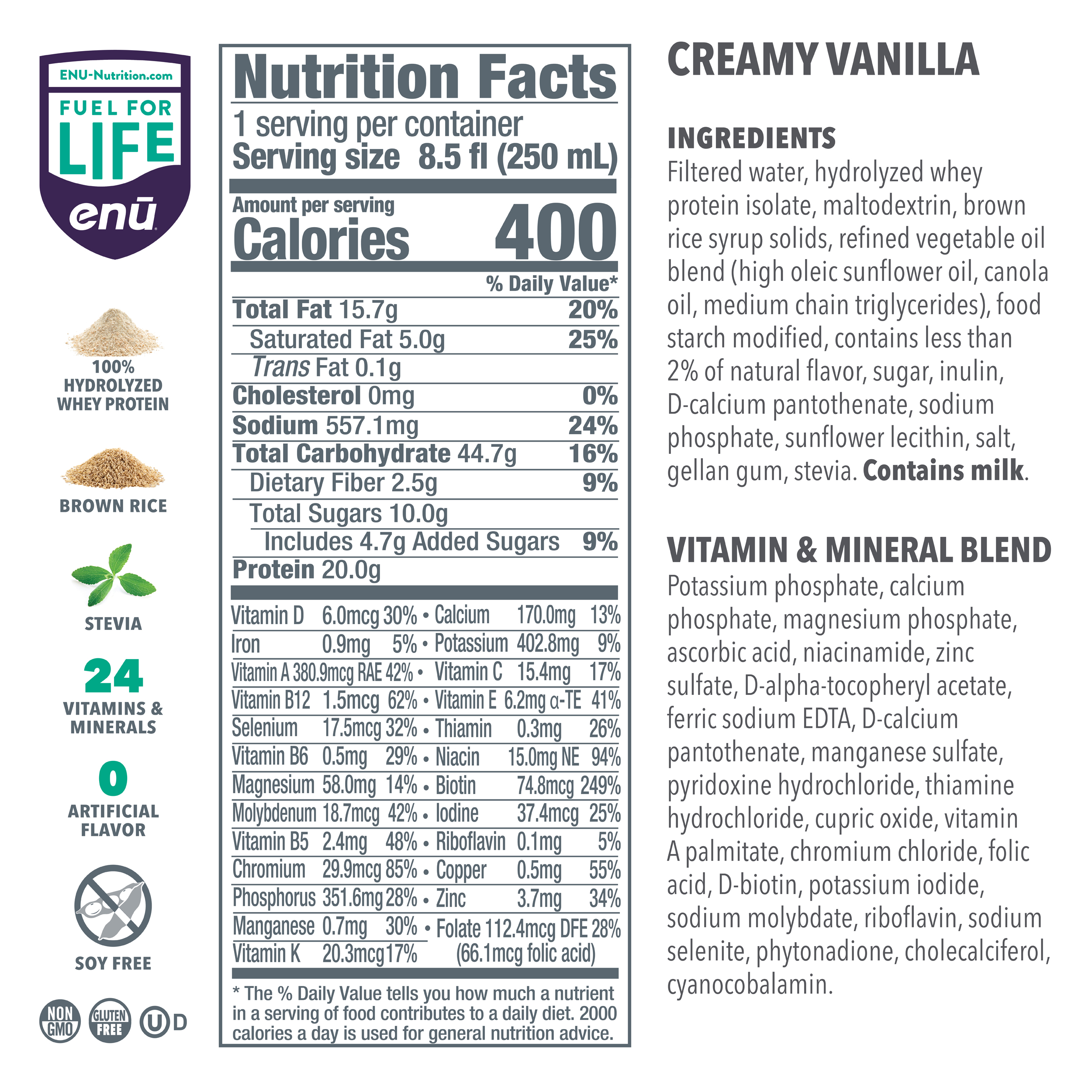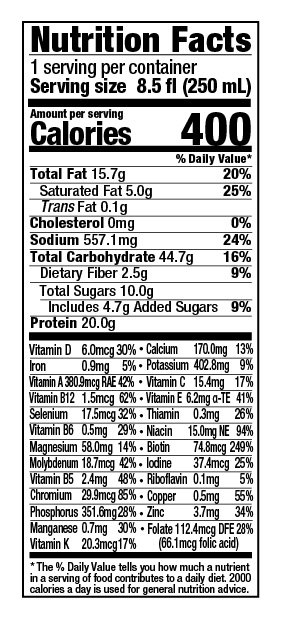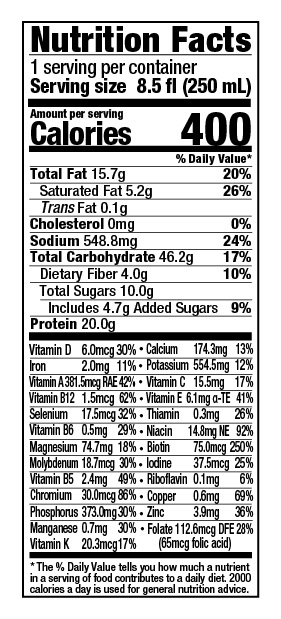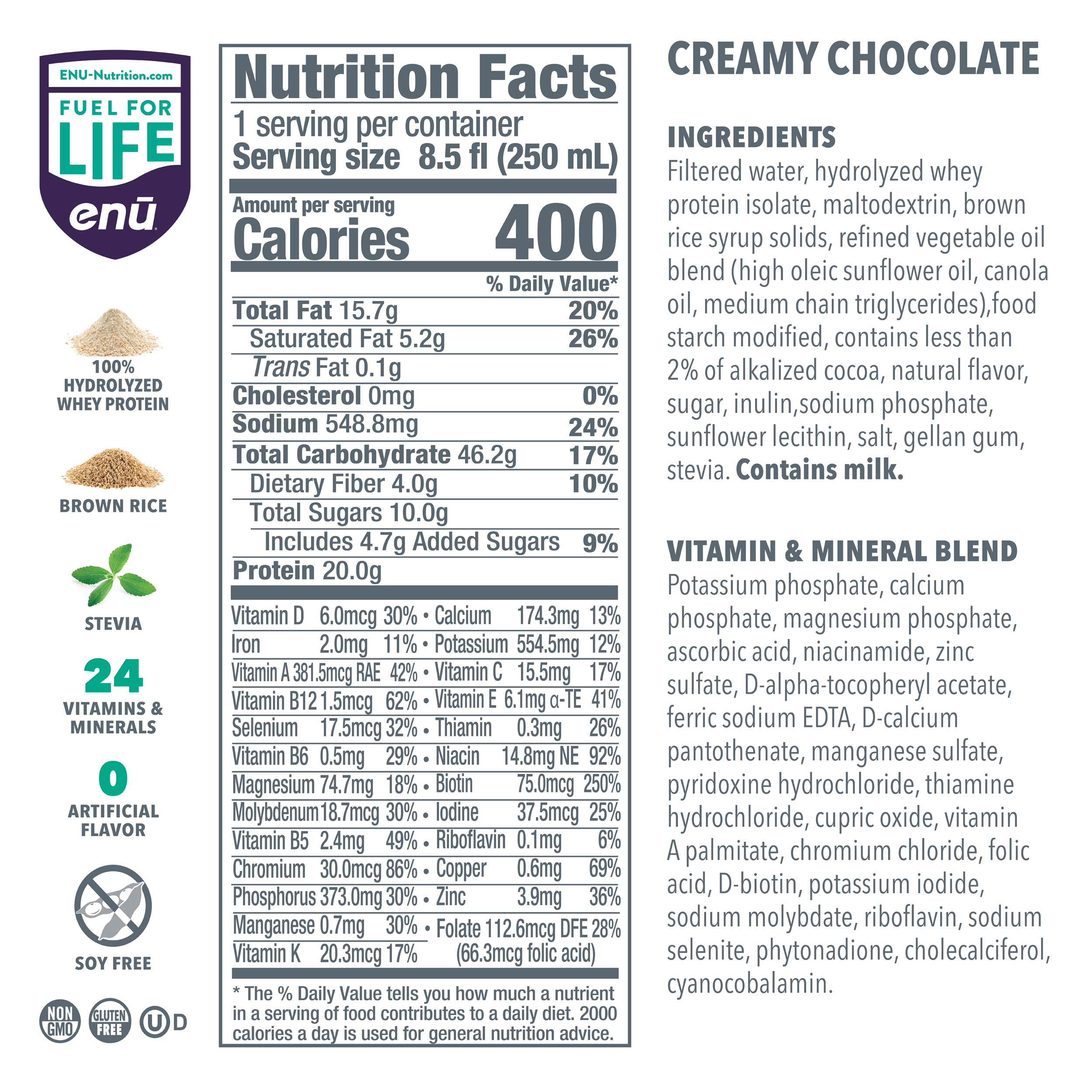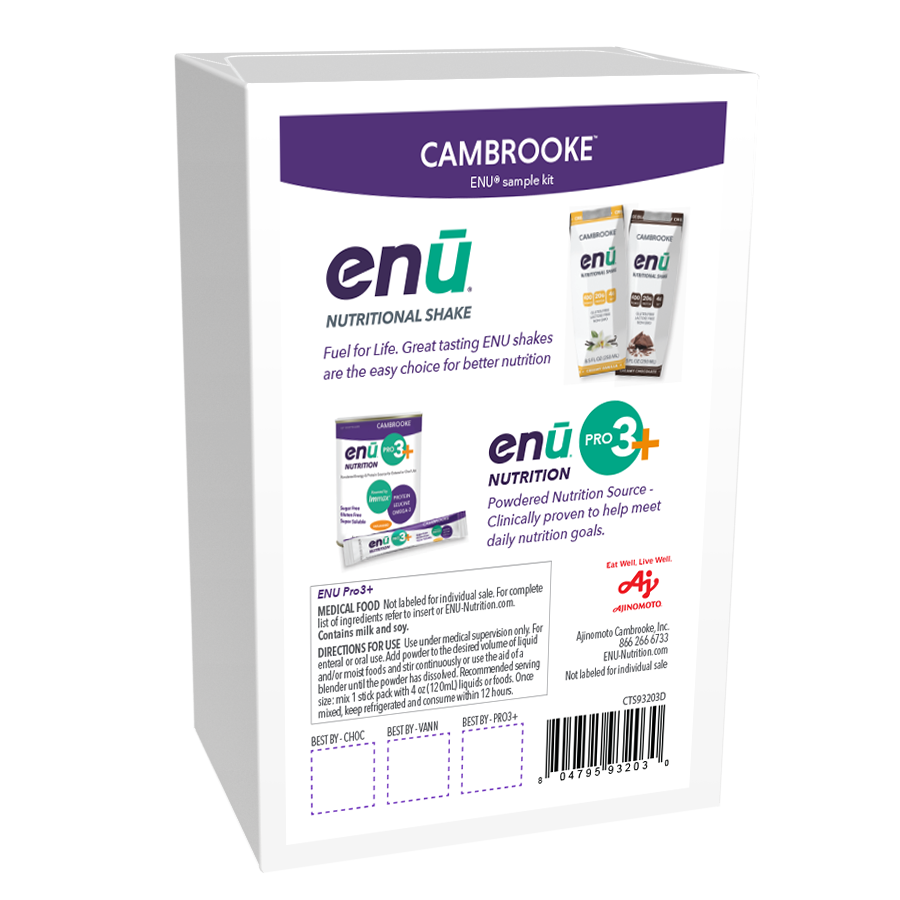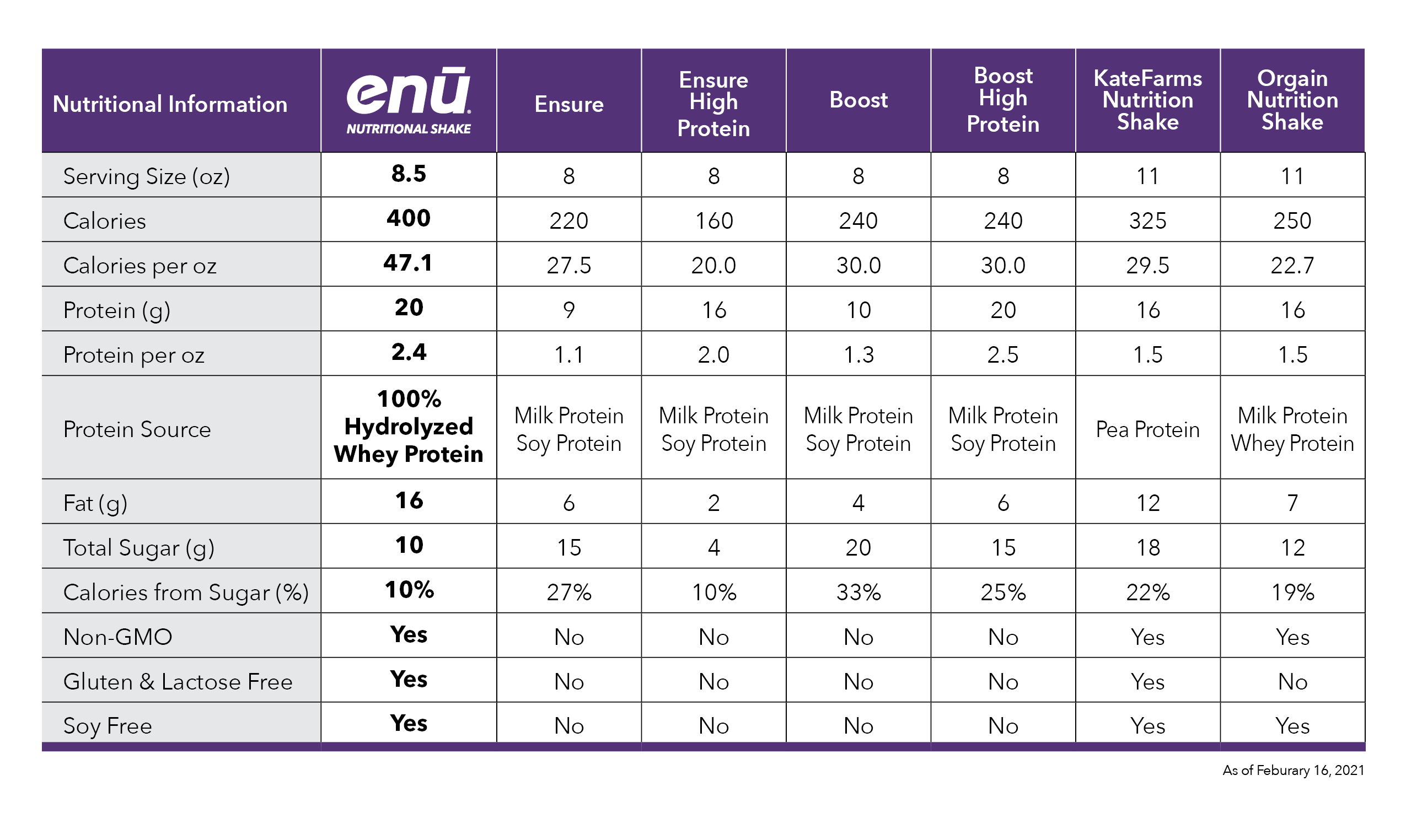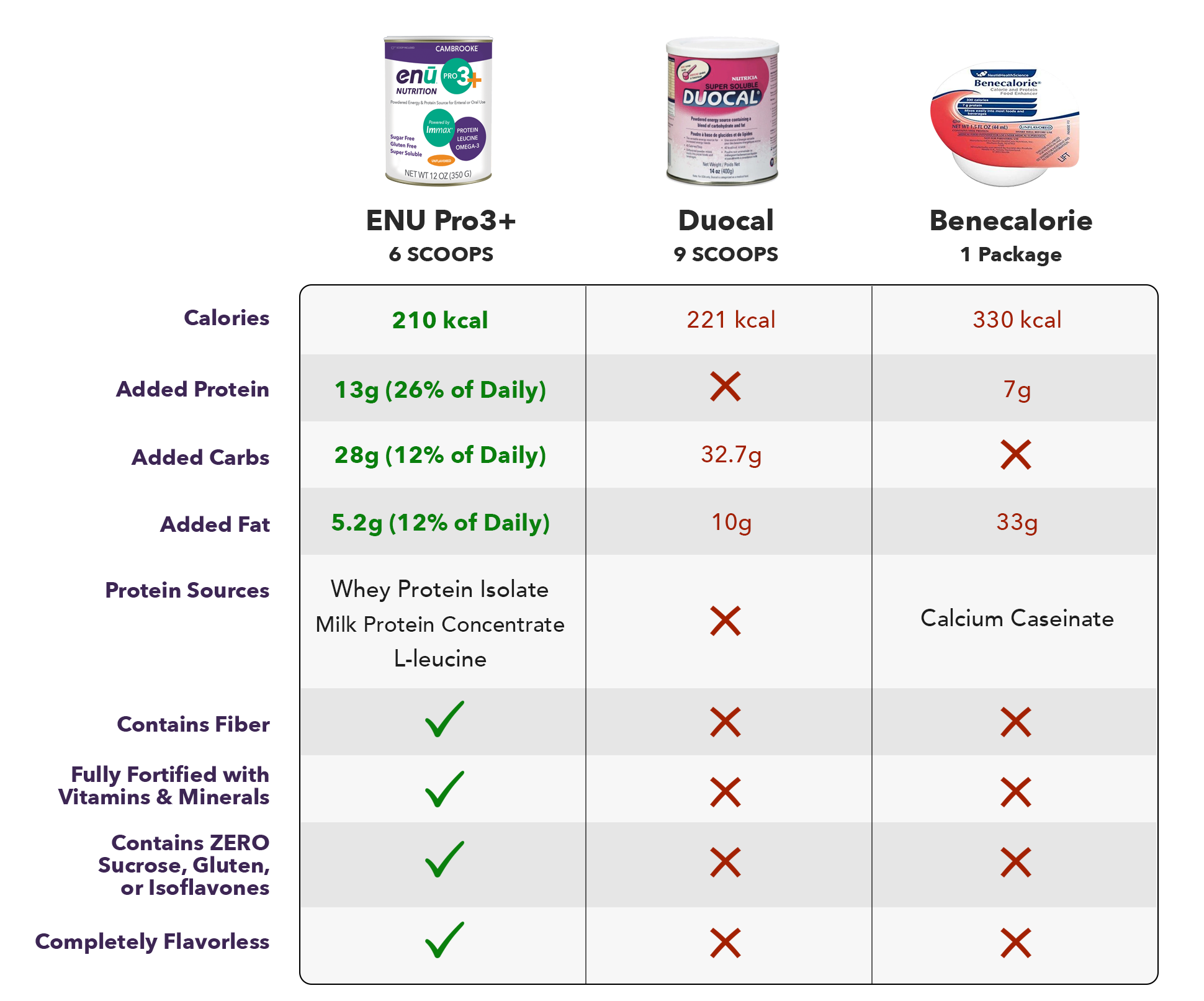
Get a FREE
ENU Intro Pack*
*Just Pay $2.00 Shipping
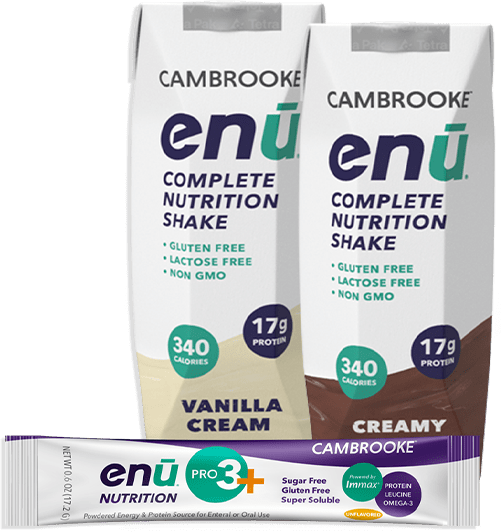
How Does Cystic Fibrosis Cause Malnutrition?
Cystic fibrosis is a complicated disease that affects some of the most important systems in the body, namely the lungs and digestive tract. As many as 30,000 Americans suffer from this illness; worldwide, the number is in excess of 70,000. Those who are affected by cystic fibrosis face a challenging life because this ailment requires constant care, whether in the form of daily medications, airway clearance techniques, pancreatic enzyme supplements, CFTR modulators, lifestyle changes, or – most likely – some combination of these. One of the biggest concerns for those with cystic fibrosis is malnutrition, which can easily occur if the person with this condition doesn’t maintain constant vigilance over their intake of calories, vitamins, minerals, and key macronutrients. How does cystic fibrosis cause malnutrition, and what can patients do about it? To find out, keep reading as the nutrition for cystic fibrosis patient experts at ENU explain.
What is Cystic Fibrosis?
For those who don’t know, cystic fibrosis is an illness that stems from a mutation of the cystic fibrosis transmembrane conductance regulator (CFTR) gene, which affects the formation of the CFTR protein in certain cells. Because of this mutation, these cells can’t move chloride to the outside of their membranes to attract water, which typically keeps the mucus of the throat, lungs, and digestive tract thin and fluid. Without this water, the mucus of a person with cystic fibrosis will become thick and sticky, which causes many complications.
When mucus thickens in the lungs or airway, it can trap bacteria and other contaminants in vulnerable places, often causing infections and inflammation in patients. In the gut, the thickening of mucus blocks critical passageways in the pancreas, the organ behind the stomach that aids in digestion and produces insulin, and it can affect the liver as well. Other common complications include infertility in male patients, difficulties with pregnancy in female patients, and the development of cystic fibrosis-related diabetes (CFRD).
How Cystic Fibrosis Causes Malnutrition
Essentially, the risk of malnutrition in people with cystic fibrosis stems from two factors: an inability to properly digest food and an increased need for calories and nutrients because of the effects of the illness; we’ll address each point below.
When the pancreas becomes blocked, it is unable to provide certain key enzymes to the upper intestine during digestion, enzymes that are used to break down food into bits small enough to be absorbed by cells in the intestinal wall. The pancreas also provides the fluid that moves food through the intestines and neutralizes the acidity of the stomach acid that accompanies food into the intestines; without these functions, a patient can experience abdominal pain, bloating, cramping, poor growth, weight loss, constipation, and diarrhea.
These issues are often at the heart of a cystic fibrosis patient’s battle with malnutrition. Because the food in the intestines isn’t properly broken down, the body can’t absorb the nutrients it contains, meaning that a significant portion of the calories, fats, and protein that a CF patient eats are simply passed through bowel movements instead of nourishing the body. In addition, the bile of the liver, which also typically aids in digestion, can thicken or even harden into stones in the gallbladder, essentially robbing the body of another important resource.
In a nutshell, cystic fibrosis robs you of your ability to actually use the nutrients you consume, especially fats – along with the fat-soluble vitamins they contain – and, to a lesser extent, protein. This nutritional deficit is concerning enough on its own, but you also have to remember that those with cystic fibrosis also tend to have greater energy needs than healthy individuals; the constant respiratory infections and labored breathing require the use of additional energy – energy the body may not have, considering the lack of nutrition this condition brings.
Nutritional Needs of Cystic Fibrosis Patients
Those with cystic fibrosis are generally encouraged to ramp up their intake of calories, fats, and proteins, though these are hardly the only priorities. For example, because fat-soluble vitamins – more specifically, vitamins A, D, E, and K – can’t be absorbed unless the fats that contain them are absorbed, many CF patients don’t get enough of them; this often leads to vitamin deficiencies in those with cystic fibrosis.
When considering your caloric intake, remember that men with cystic fibrosis should aim to get about 3,000 calories per day to maintain a healthy weight or 3,700 calories to gain weight. Women, on the other hand, should aim for at least 2,500 calories per day to stay at their current weight or 3,000 calories to put on some pounds. Whatever form these calories take, make sure you have plenty of fats and protein in your diet, and a multivitamin is probably a good idea as well. For more in-depth suggestions on what a person with cystic fibrosis should eat each day, consult a dietician with experience battling CF.
Balanced, Nutritious Meal Replacement Shakes Available for Cystic Fibrosis Patients from ENU
If you or someone you know suffers from malnutrition from cystic fibrosis, talk to your doctor about adding meal replacement shakes like those from ENU to your diet. These beverages can be a quick, convenient source of calories and nutrients whenever you need them – a definite advantage for those with CF, since the condition often requires the near-constant ingestion of foods and drinks throughout the day. Each shake from ENU contains whey and soy protein isolates – two of the easiest forms of protein to digest – along with heart-healthy fats and complex carbohydrates. Plus, our drinks offer more than 20 different vitamins and minerals, including all four fat-soluble vitamins. To learn more about ENU shakes and how they can help you or a loved one, visit us online or call (855) 266-6733 today.
